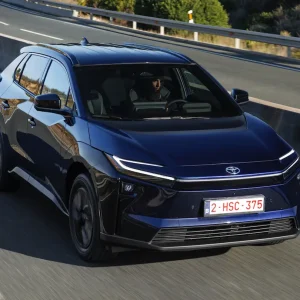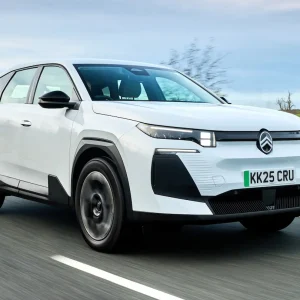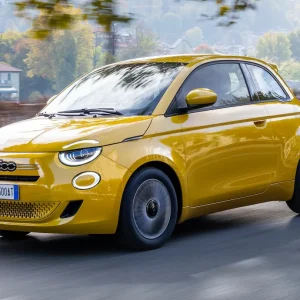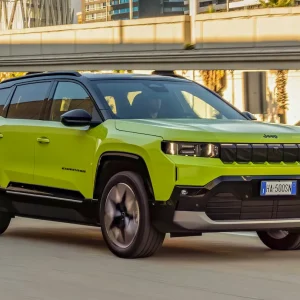Everyone wants to cut their fuel costs, be they business or driver, but few people want to cut anything else to save fuel, and they certainly don’t want to pay more for the privilege.
So our new long-term test car, the Skoda Superb Greenline II estate, with a 105hp 1.6-litre diesel engine, could just be the answer.
The headline figures speak for themselves: 64.2mpg, 114g/km, 13% BIK, 633 litres of boot space [1], a lowly group 15 insurance band and more standard kit than I will have time to write about during the car’s six-month stay with BusinessCar, all for £24,000.
Our car has arrived already run-in with 3000 miles on the clock, which means we should get good fuel economy figures from day one. It’s already showing serious promise: on a mainly motorway run we were within 0.3mpg of the official figure. Now all we have to do is see if this is possible over more mixed driving. Aside from the reduced costs, we’re also looking forward to only having to fill the Superb every 700-800 miles, which is just about twice as far as almost every car we’ve ever previously run.
While all the standard equipment on the Superb may not get a mention, a few things about the specification are worth pointing out immediately. Skoda is sensibly offering the Greenline II in all its trim levels, which means you can have eco and luxury in the form of Elegance trim, which is how our car is equipped. So for your £24,000 you get all the luxuries you’d expect such as leather, a big touch-screen satnav system [2], hard-disc stereo that can store music, cruise control, twin-zone climate control and powered [3] seats. Basically, that’s more kit, and more room, than an Audi A6 Avant for significantly less money.
There are, however, some downsides. Firstly, the car has a 0-62mph time of 12.6 seconds, which isn’t rapid, and secondly, you don’t get a prestige brand name. Instead, the Skoda brand and its cars stand for many things including space, economy and excellent build quality, but most of all, value, which is why it should be a business car winner. We’ll find out if it is over the next six months.
|
||||||||||||||||||||||||||||||||||





